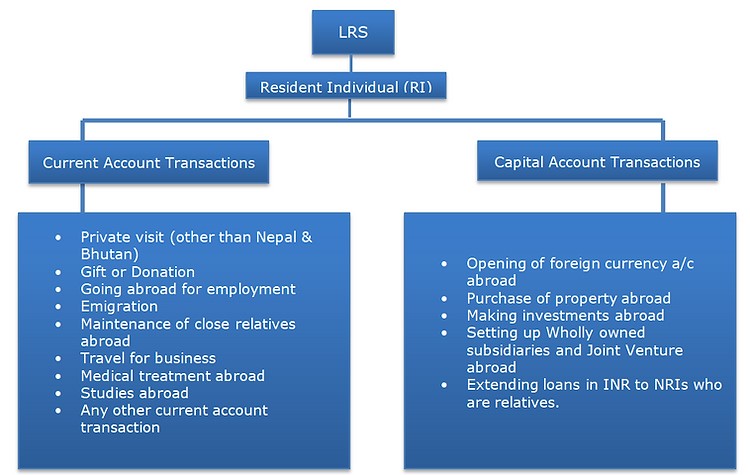7667766266
enquiry@shankarias.in
The Central Government has announced that it has postponed the imposition of increased 20% TCS (Tax Collected at Source) by 3 months to October 1, 2023.
